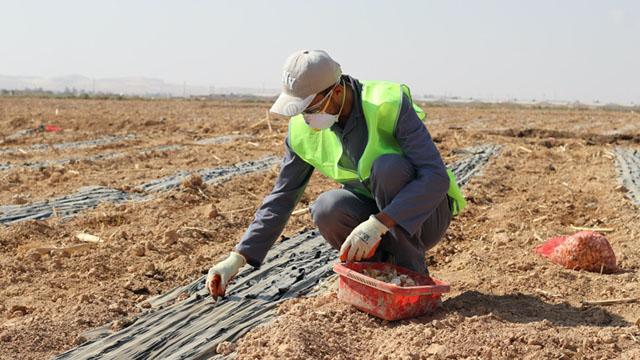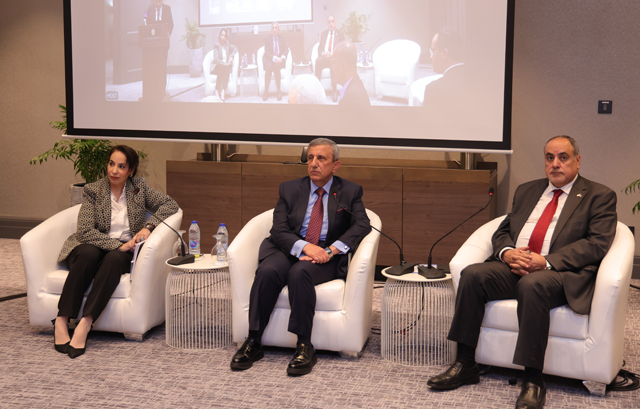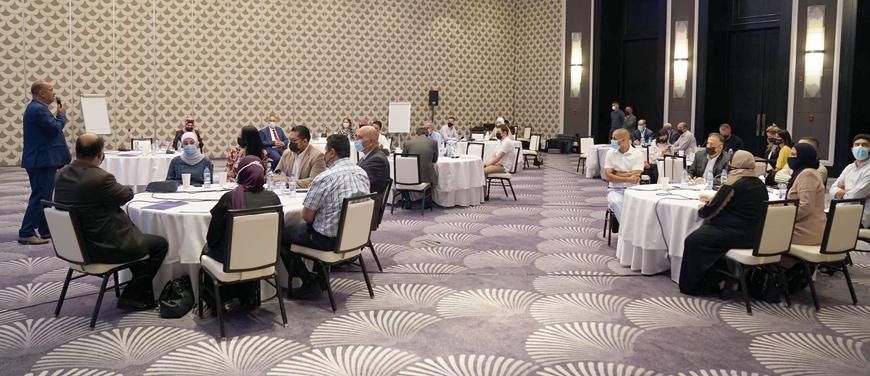You are here
‘Arab countries need sustainable social safety nets’
By Hana Namrouqa - May 13,2014 - Last updated at May 13,2014
AMMAN — Experts on Tuesday called on Arab governments to create integrated and sustainable social safety nets that cover the most vulnerable workers throughout the region.
The experts — who included representatives of the private and public sectors, as well as employers, workers and NGOs — highlighted the importance of guaranteeing social safety coverage to everyone to ensure that a few privileged groups do not continue to benefit from existing structures, thus giving rise to an increasing sense of exclusion and unfairness.
During a regional seminar, titled “Rethinking Social Protection in a Changing Arab World”, experts and officials examined regional experiences and leading international practices to build nationally defined sets of basic social security guarantees aimed at preventing or alleviating poverty, vulnerability and social exclusion.
Labour Minister Nidal Katamine underscored the importance of defining national social protection floors, noting that social protection in several Arab countries remains at the threshold.
Katamine stressed that social protection systems are still incapable of addressing many vital issues, such as forced migration.
The three-day event, which is organised by the International Labour Organisation (ILO) in collaboration with the Ministry of Labour and the Social Security Corporation, brought together over 60 experts to examine regional and successful social protection experiences and ways to improve it in the Arab region.
ILO Assistant Director General and Regional Director Nada Nashif noted that even though Arab countries have established well-structured pension schemes and related institutions over the past decades, few have developed coherent and integrated national social security policies.
Nashif said many countries maintain fragmented social protection that relies on a variety of tools, such as public sector employment and social insurance for a few, as well as subsidies for those who are not covered by any formal social security scheme.
“This fragmentation must come to an end if the region is to realise the aspirations of its people,” she said at the seminar’s opening ceremony.
The ILO official called for creating integrated sustainable protection mechanisms, underscoring that Arab countries can no longer rely on old models to address long-standing problems.
“We must adapt our systems into a new development model grounded in social justice by examining integrated and sustainable social protection,” Nashif stressed.
Related Articles
AMMAN — Economy experts on Saturday called on the government to come up with an urgent economic plan to help the private sector, which is ex
AMMAN — The Arab Preparatory Conference for Trade Unions commenced in Amman on Monday, ahead of the 113th session of the International Labou
AMMAN — The International Labour Organisation (ILO) and the National Aid Fund on Monday held the first workshop that “lays the ground for co














